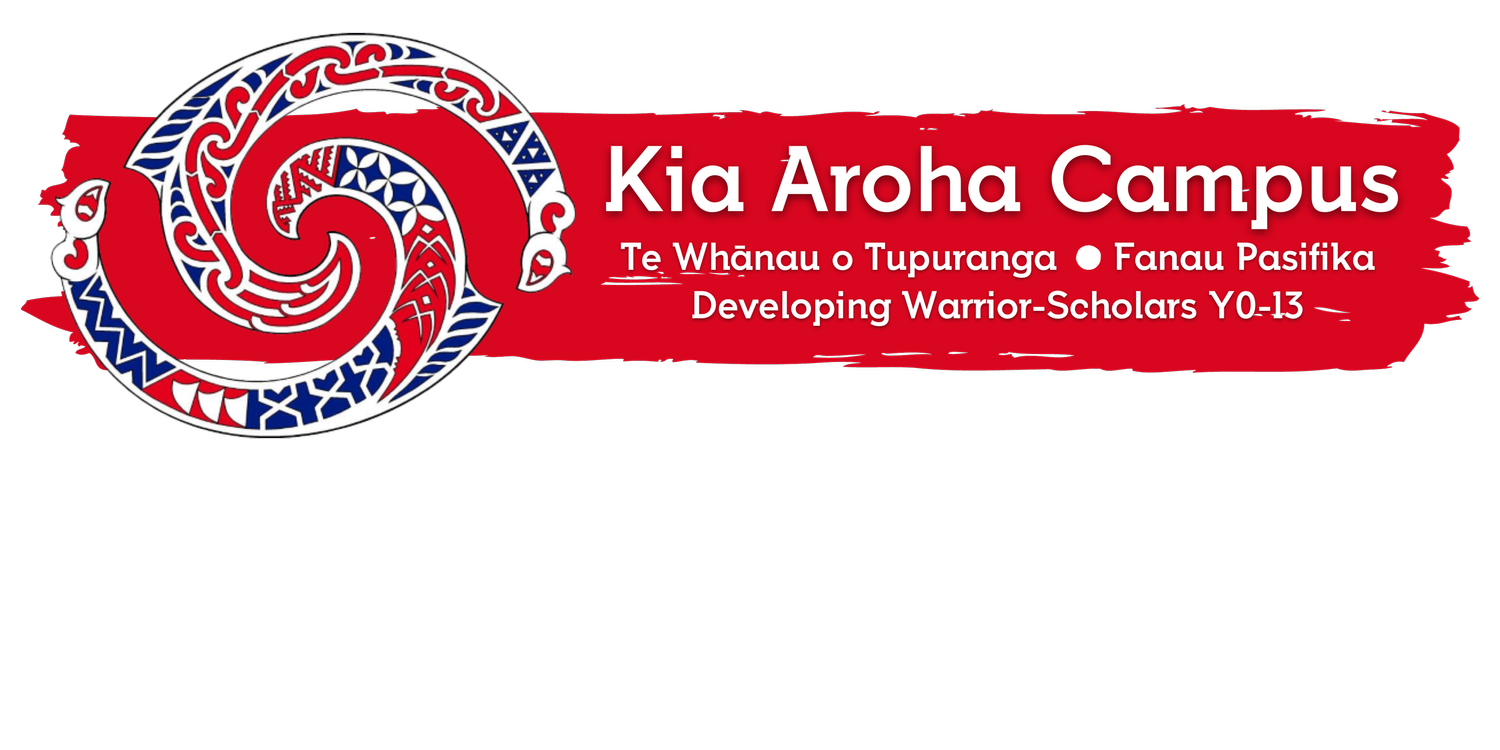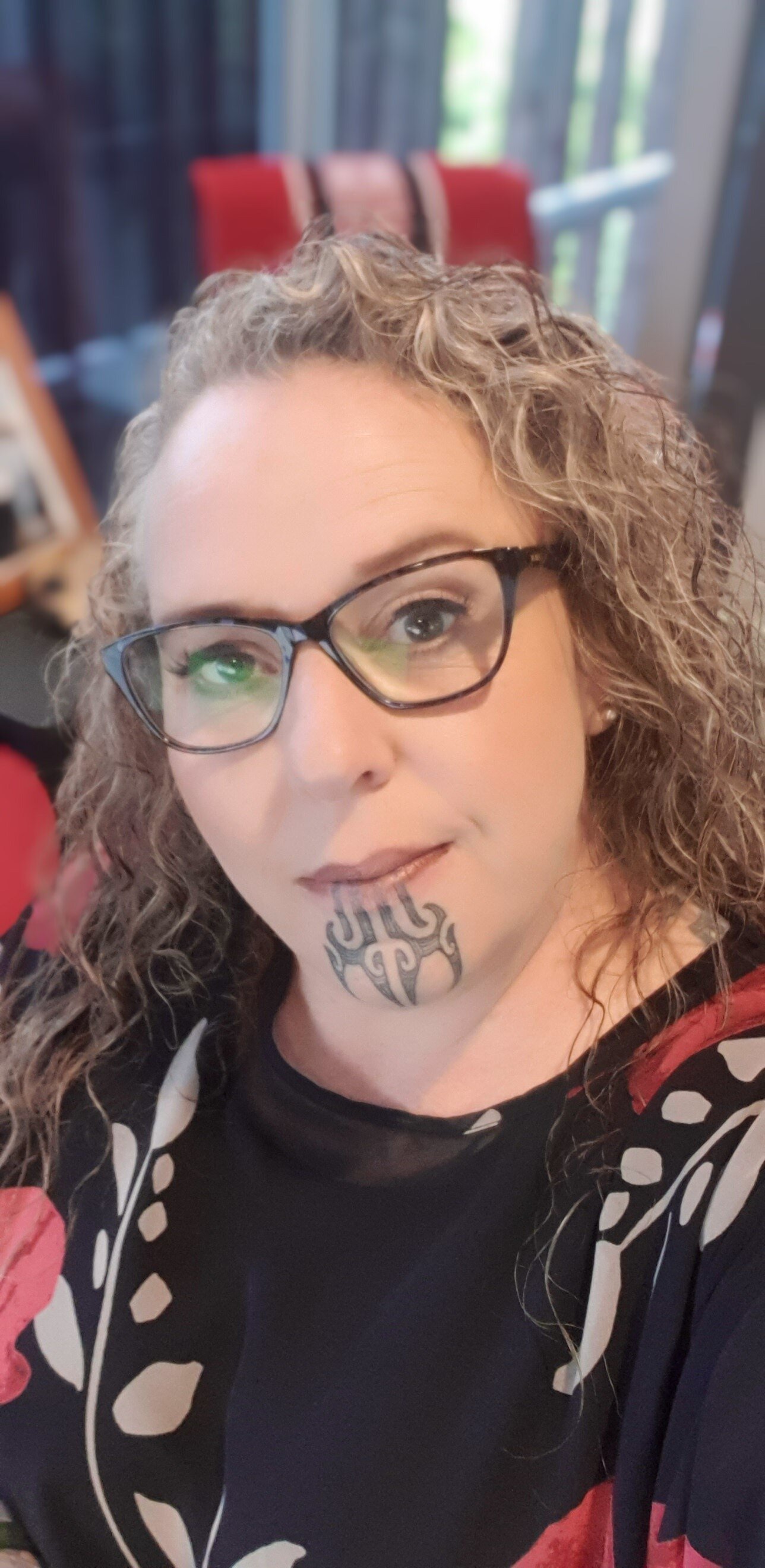Lessons from Ihumātao
/Over the past few weeks most of Kia Aroha College have had the opportunity to go out to Ihumātao. Te Whānau o Tupuranga went out the day after the first eviction notices were served. I had staff, whānau and young people anxious about participating in a “protest”. These fears were very quickly squashed after being on the whēnua for two minutes. We have also been sending a van load of students (and staff) most days – to help. They have collected rubbish, made 100s of cups of tea, walked over the whēnua, talked to people, helped people and watched people. They have unpacked language – such as kaitiakitanga, protectors, protestors, front line, passive and peaceful. They have learnt about hosting people and have been amazed at the protectors and their commitment to their kaupapa.
We have taken it upon ourselves to spend the entire term studying ALL the aspects around this debate. Learning about the history, understanding the impact of land confiscation – both historically and how it continues to impact, learning about intergenerational trauma and the effects that colonisation, assimilation and hegemony continue to have on us as Māori and Pasifika people. We are connecting the events at Ihumātao with other events in the history of Aotearoa, Samoa and Tonga - analysing the similarities and the differences. Our young people have asked about the position of SOUL, and the position of Te Kawerau-ā-Maki and the impact that the media coverage has had on helping or hindering the public to form an opinion. They are unpacking the involvement of Fletchers – the influence, opportunities and potential impact that a large corporation has. They have also asked questions about the Police involvement – has this been the best approach? What other options were available to them? They are looking into the options that the government have to intervene – is this appropriate – what are the impacts. They have analysed the position of politicians. They have discussed the position of the Kingitanga. They are learning about what being committed to a kaupapa looks like – and questioned themselves about how committed would you be at 2am – in the rain and the freezing? They are thinking about the impact that government policies and legislation have had on us – and continue to have on us, and if events such as Ihumātao will influence some positive changes – or cement the Eurocentric establishment in this country.
We have children who have parents who work for Fletchers, students who are Te Waiōhua and others who are Te Kawerau-ā-Maki, Samoan, Tongan and Māori children from other iwi in the country. Our position is that EVERYONE needs all the information in order to form their own position on this issue and ensure that position is based on information that they have collected themselves. This has also been a great opportunity to put the details of our Designated Character into action. Our Designated character requires us to …
To provide a learning environment where cultural identity, custom, language and knowledge is the norm.
To enable children to live as who they are at school, to develop the skills and knowledge to actively participate as citizens of the world to enjoy good health and a high standard of living.
To provide an holistic learning environment based on the philosophy and practice of whanau/family.
To honour the Treaty of Waitangi.
To provide families with Maori and Pasifika bilingual learning options for children beyond Year 6 in Te Reo Maori, Samoan, Tongan and Cook Islands Maori
To comply with the National Education Guidelines
To give students participation in decision-making in curriculum content and planning to address real world issues through the lenses of empowerment and social justice.
To empower students to become catalysts of change in their communities and society
To develop classroom practice where cultural knowledges are normal, valid and legitimate and guide classroom interactions and learning.
To ensure that children will be secure in their knowledge about their culture and identity to enable them to participate in the wider world.
To foster high expectations for excellence in learning, culturally, socially and academically so children have choices for their future.
To involve parents and wider whanau/family in the education of their children, in culturally familiar ways that are empowering.
Ihumātao has provided a platform for all our students to engaged in exceptional learning over the past few weeks – and I’m excited about the phenomenal learning to come. The learning that has come so far, and the learning that is yet to come are absolute examples of our Designated Character in action!
I have nothing but immense gratitude for the protectors at Ihumātao – they have inspired all of our young people to think carefully about injustices, they have learnt about how to communicate respectfully with people who may not have the same view as them, to work alongside the different people in their whanau and our community when disagreements arise, to understand that whatever it is that you believe – you need to be prepared to stand with your convictions – and understand that you will have staunch supporters, and also vocal opponents. They have learnt these lessons by being there – by engaging in robust kōrero, seeing with their own eyes and by being open to all the different points of view. This is how they become catalysts of change in our community and society.


